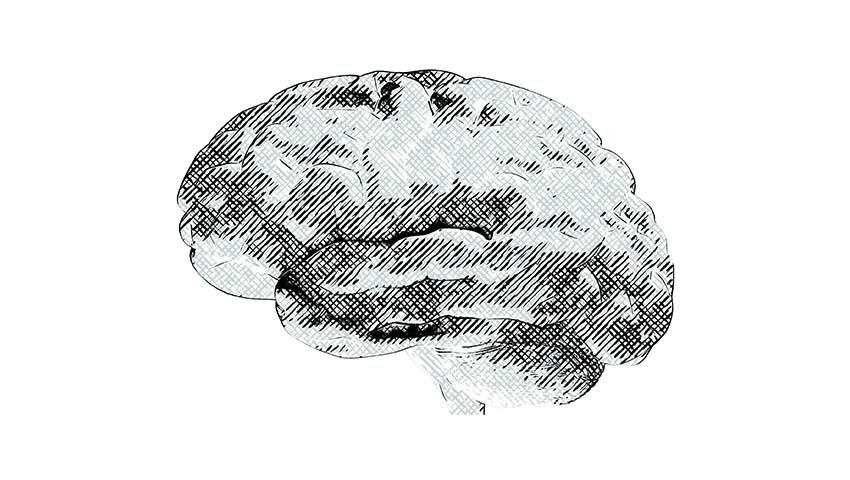Research shows you need to use it or lose it
“Hey, honey, where did we put the whatchamacallit for the thingamajig?”
It doesn’t take Inspector Clouseau (remember him?) to figure out we humans in 2022 have a memory gap. Chalk up some of it to all the distractions of modern life (tweets, DMs, texts, the lot). Or maybe Covid fog. Or menopause. Or…heaven forfend…advancing age.
Meeting professionals have more to remember than ever now that they are multi-channel content distributors. Never forget there is something to be done about it.
Research is settled that your brain is like a muscle. Pretty much “use it or lose it.” It must be exercised—and in ways that challenge the usual patterns. As psychiatrist and neuroscientist Daniel G. Amen, MD, puts it in his book Memory Rescue, “The best mental exercises involve acquiring new knowledge and doing things you haven’t done before. Even if your routine activities are fairly complicated…they won’t help your brain as much as learning something new.”
A planner’s tasks are varied and often complex, of course, but they tend to be repetitive. Amen says whenever the brain does something over and over, it learns how to use less and less energy, whereas new learning “helps establish new connections, plus maintaining and improving the function of less-often-used areas of the brain.”
That last part, it turns out, is especially key. “The parts of your brain that you use will grow,” Amen continues, “and the parts of your brain you do not use will atrophy, or shrink…. Just doing crossword puzzles or sudoku won’t give you the full possible benefits. That’s like going to the gym and leaving after doing right bicep curls.”
Read More: Healthy You: Go Outside and Play!
Let the Games Begin
Over the past two years, learning how to master virtual and hybrid meetings has probably bulked up parts of your brain you hadn’t exercised as much before. But like any regimen, the real rewards are only reaped through consistent practice. And memory work certainly doesn’t have to be directly related to your work as a meeting professional.
Amen recommends what he calls “whole-brain workouts”: language games such as Scrabble, Boggle and Words With Friends, strategy games such as chess and Risk, crossword puzzles, and getting involved in organizations such as Toastmasters or other opportunities for public speaking. Meditation (and prayer), he says, “may be the most powerful prefrontal cortex booster of all.” He has published several studies on meditation that show it improves focus, executive function, judgment and impulse control.
8 Memory-Boosting Exercises
Dr. Amen has further prescriptions for memory health.
New learning: Devote just 15 minutes a day to a new hobby, activity or subject matter. Einstein proclaimed this will make you an expert within a year.
Take a class: Choose something new and interesting unrelated to your work.
Crosstrain at work: Besides challenging your brain, you will expand the skill pool.
Limit TV: Adults who watch two or more hours of TV a day have a significantly higher risk of Alzheimer’s disease, research shows.
Alter daily routines: Use your nondominant hand to write, dress, brush your teeth, set the table, play table tennis and use navigate your computer mouse.
Travel: Going to new, interesting places is already in your DNA. When you do, try using maps instead of relying on your phone! This, says Amen, “exercises the parietal lobes, which are responsible for visual-spatial guidance.”
Befriend smart people: They can challenge your thinking and get your brain in high gear.
Use music: It can enhance your mind. Says Amen: “There is significant research suggesting that both learning to play music and listening to music, especially classical music, can enhance memory and mood. Classical music also enhances memory and cognitive function.”
This article appears in the April 2022 issue.




